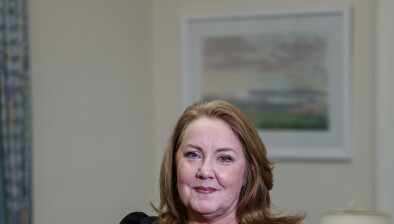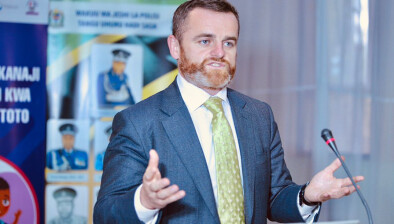NI: Greens court controversy with proposed ‘reckless conception’ offence

A Green Party candidate’s proposal to prosecute men whose sexual partners obtain an illegal abortion after falling pregnant has created a stir on both sides of the border.
Clare Bailey, deputy leader of the Green Party in Northern Ireland, wrote to the News Letter pledging to put forward a private member’s bill to create an offence of “reckless conception” if elected to the Northern Ireland Assembly in May.
Ms Bailey said the approach would “bring about equality between men and women” in the event that MLAs cannot otherwise agree to Green proposals to extend the Abortion Act 1967 to Northern Ireland.
The offence would apply exclusively to men who impregnate a woman “knowing that any pregnancy that may result is unwanted or being reckless as to whether any such pregnancy may result” if the woman subsequently procures an abortion.
Since Irish Legal News published Ms Bailey’s pledge on Tuesday, the topic has been widely debated on Twitter, with some comparing the legislative proposal to Jonathan Swift’s A Modest Proposal of 1729.
Ms Bailey said: “There is nothing inherently wrong in requiring dual responsibility and if people think this is unfair then the current law is unfair too and should be changed.”

Dublin solicitor Wendy Lyon, who specialises in sexual, reproductive and maternity rights, told Irish Legal News: “I was surprised how many people thought this was a serious proposal, but I suppose that shows how little faith we have in our politicians where reproductive rights are concerned.
“Hopefully this will be followed by real legislation to replace the 1861 Act, and remove the threat of criminalisation faced by unknown numbers of women across Ireland every day.”










